|
|
|
Editor's note
|
|
Some lovely news to share with you: Finlay Macdonald is joining The Conversation as our new NZ Editor: Politics, Business + Arts.
As you’ll know, Finlay is an award-winning journalist, editor, publisher and broadcaster, who brings with him 30 years of experience across the media. He’s been editor of current affairs magazine The Listener, a publisher at Penguin Books and HarperCollins, a weekly columnist for the Sunday Star-Times, and has written and presented for television and radio.
Finlay will now work alongside Veronika Meduna, who becomes the NZ Editor: Science, Health + Environment.
At a time of painful job cuts right across the economy, it’s worth noting that we can only hire a second NZ Editor thanks to ongoing support from our readers and our NZ university partners: the Auckland University of Technology, Massey University, Te Herenga Waka — Victoria University of Wellington, University of Canterbury, University of Otago, and University of Waikato.
With Finlay on board, we hope to share far more New Zealand expertise on COVID-19 with our global audience, while also expanding our arts coverage and explaining key political and economic issues in this election year.
Each week we’ll keep sharing all of our best stories from New Zealand, Australia and our other editions in this newsletter. If you have a friend here or overseas who might like to keep in touch with our NZ coverage, please do consider passing this on.
If you’d like to welcome Finlay to the team, say hi on Twitter to @MacFinlay, or leave a comment on our blog post. You can also leave any feedback, questions or ideas for our coverage in the comments, and
Veronika, Finlay or I will do our best to get back to you.
‘Til next week – kia kaha.
|
Liz Minchin
Executive Editor, New Zealand
|

|
|
Top story
|
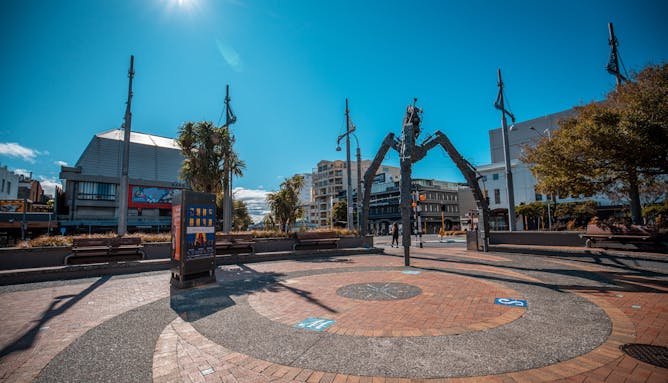
Shutterstock
Dougal Sutherland, Te Herenga Waka — Victoria University of Wellington; Arindam Basu, University of Canterbury; Malcolm Campbell, University of Canterbury; Martin Berka, Massey University; Michael Baker, University of Otago; Richard Shaw, Massey University
New Zealand will begin easing its national lockdown from next Tuesday, after an extra five days of some of the world's strictest COVID-19 restrictions. Six NZ experts give their take on the news.
|
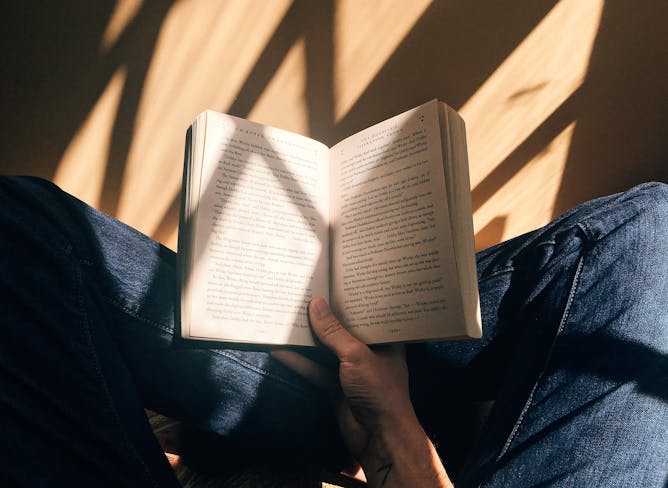
Unsplash
Elaine Reese, University of Otago
Our relationships with characters from books and screen – called parasocial relationships – serve many of the same functions as our friendships with real people, minus the infection risks.
|
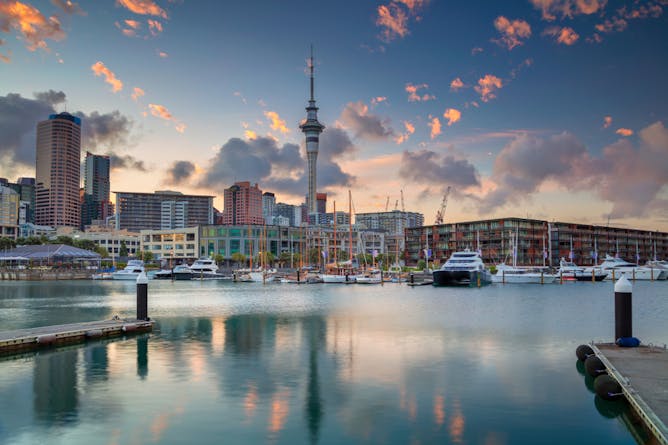
Shutterstock
Liz Minchin, The Conversation
The Conversation is expanding our New Zealand coverage by appointing Finlay Macdonald – an award-winning journalist, editor, publisher and broadcaster – as our NZ Editor: Politics, Business + Arts.
|
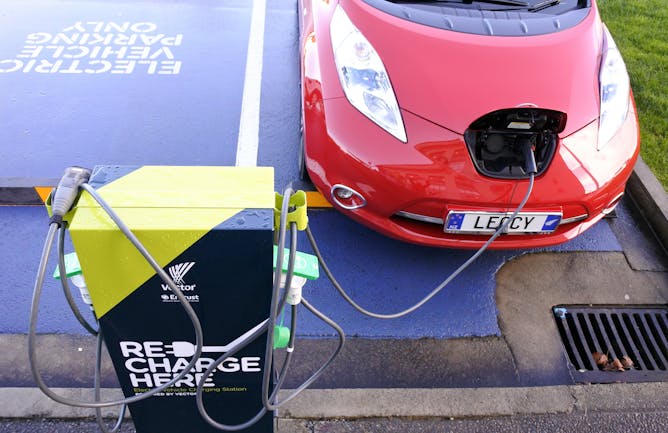
Shutterstock
Robert McLachlan, Massey University
A switch to electric transport is one of New Zealand's key climate strategies. It will increase demand on the national grid, but might also help increase renewable electricity generation.
|
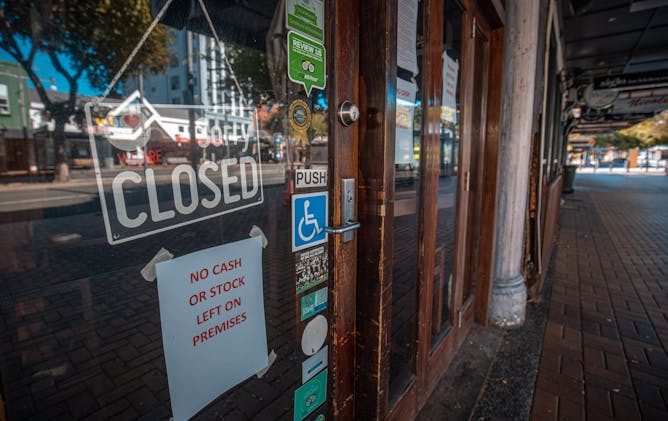
Shutterstock
Martin Berka, Massey University
On Monday, New Zealand will announce if it's ready to relax some of its COVID-19 restrictions – among the strictest in the world. Based on international and local data, I argue it's time; here's why.
|
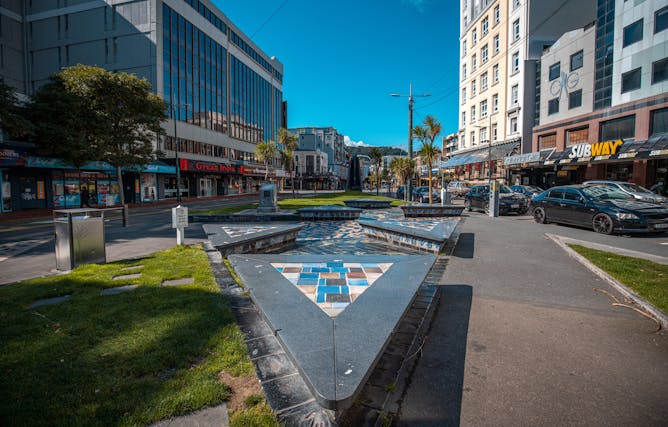
Shutterstock
Alexander Gillespie, University of Waikato
Until NZ is no longer in a state of emergency, authorities have exceptional powers over people's lives – from telling people to stay home, to potentially making vaccinations or testing mandatory.
|
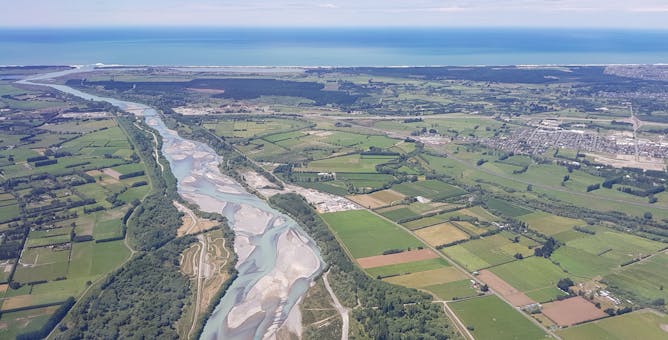
Shutterstock
Troy Baisden, University of Waikato
A new report on New Zealand's lakes and rivers confirms that many freshwater ecosystems are in decline and warns that climate change will exacerbate existing threats.
|
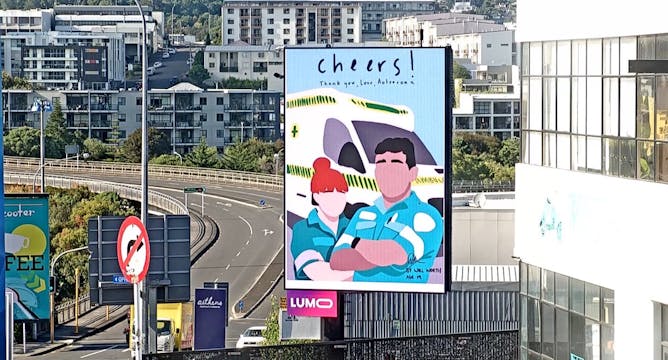
A billboard created by Auckland University of Technology students. thanking New Zealand’s essential workers.
HuttValleyDHB/Twitter
Grant Duncan, Massey University
New Zealand's COVID-19 elimination strategy has been a collective success, involving 'ordinary' Kiwis and unity across political divides. Ending lockdown and a looming election will test that unity.
|
Global COVID-19 coverage
|
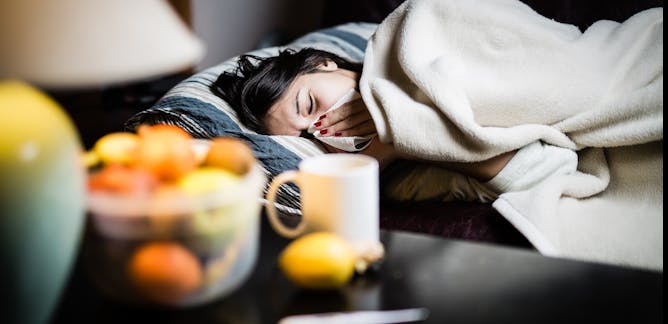
Abela Mahimbo, University of Technology Sydney; David Isaacs, University of Sydney; Melanie Wong, Kids Research; Melissa Kang, University of Technology Sydney
As many as 80% of those infected with coronavirus don't show symptoms. The reasons why are likely to come down to how your immune system responds to the virus.
| |
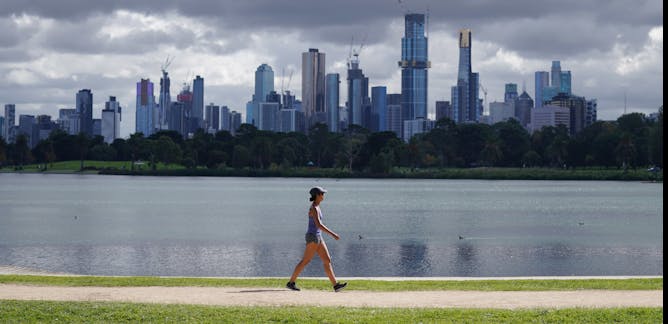
Toby Phillips, University of Oxford
We must figure out how to scale the lockdown up and down as needed – possibly several times. We might need to locally switch areas on and off – not the whole country – to deal with isolated outbreaks.
|

Tammy Hoffmann, Bond University; Paul Glasziou, Bond University
There's no guarantee a coronavirus vaccine will arrive, so we need research to understand the best ways to use facemasks, hand hygiene, and other interventions to control the spread of the disease
| |
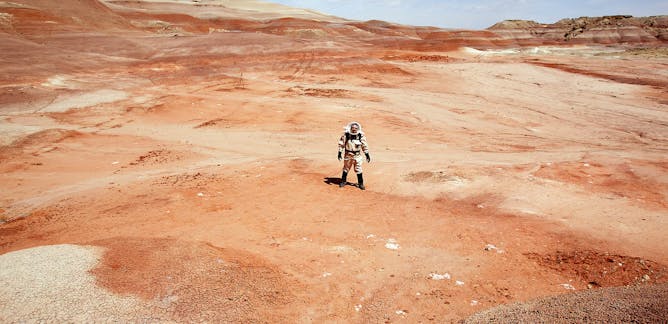
Inga Popovaite, University of Iowa
Understanding isolation's effects on regular people, rather than those certified to have 'the right stuff,' will help prepare us for the future, whether another pandemic or interplanetary space travel.
|
|
|
Lighter reading for lockdown
|

Lindsay Kelley, UNSW
Anzacs biscuits are the perfect treat to bake in COVID-19 isolation. Recipes emerged from another world-changing crisis, the first world war, yet we can still bake together online.
| |
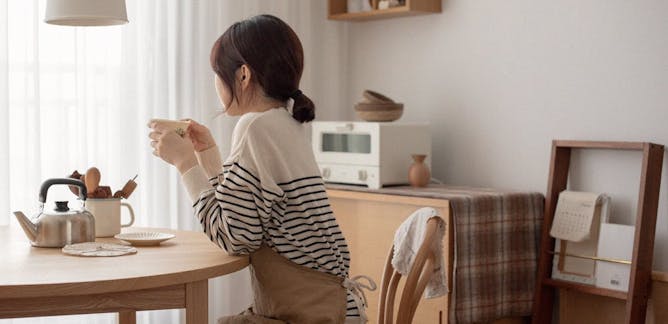
Crystal Abidin, Curtin University
Can everyday chores be hypnotically soothing? Can routines be mini-occasions? East Asian home vloggers show us that framing and pace are everything and we can find joy in simple domesticity.
|
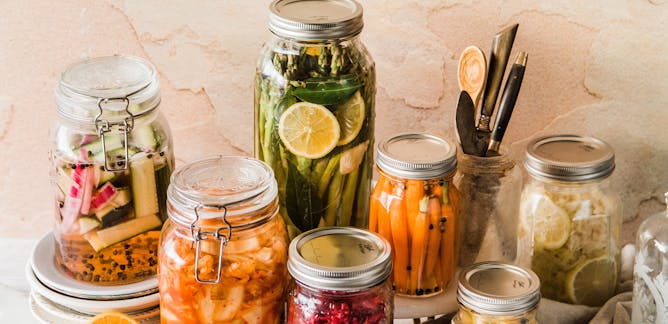
Donna Lee Brien, CQUniversity Australia
Humans have been pickling for at least 4,000 years. Maybe it's time you tried?
| |

Charlie Watts, University of Portsmouth
With no in-studio audiences, the Laff Box should be used more by comedy shows.
|
|
|
| |
| |
| |
| |
| |
| |
|
|
|
|
|
|
|